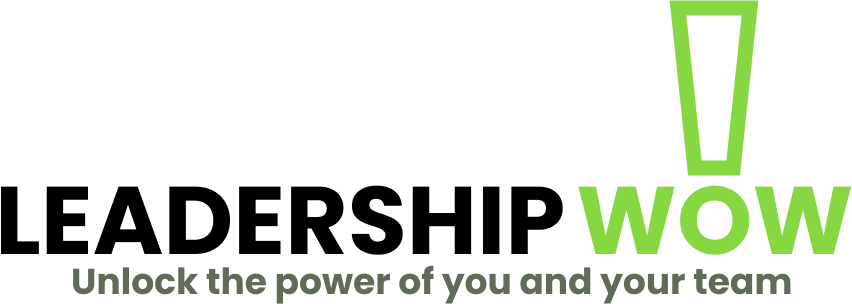The great resignation: Interview Tips for those looking for their dream job

I have to admit – I am not a great interviewer. I learned this the hard way. I was ready for a new role internally at the company I worked. After many years of being organically tapped for new roles and promotions, I haven’t interviewed for a long time, and I was rusty. After a handful of internal interviews, I was not successful. The beauty of interviewing internally is that you can ask for feedback. Or, in my case, I didn’t have to. I failed so miserably that my interviewers (who were also my trusted colleagues) voluntarily reached out to me to give me feedback, wanting to help. The feedback I received crushed me. I was blind-sided. I actually thought I did well. How could I have been so oblivious?
I have made all of the common pitfalls of interviewing. In fact, I can now write a guide about what not to do. So, here are my tips:
- Be succinct – I am a natural storyteller. I would say this is my strength. Interviewing is not a time to story-tell. You only have a few minutes to answer each question. I recommend you use the PAR model (Problem, Action, and Result) for each example you give. If you find yourself rambling for more than 2 minutes, stop and pivot quickly. At first, I was using the STAR (Situation, Task, Action, Result) model, which turned out to be too long and did not help me with being succinct.
- Speak in Bullets – In observing senior leaders speak, they often use bullet points in their narrative. One method to prevent yourself from rambling is to think and speak in bullet points. By organizing your answer in a structure, this makes you appear more organized, professional and strategic. It also allows the interviewer to follow your thought process clearly.
- Use “I” more often – This may be controversial. Some of the feedback I received was that I used the word “we” too much and not enough of the word “I”. It wasn’t clear to the interviewer what I did. Was I just watching things happen around me? Or did I actually drive the project and make things happen? This is what your interviewer wants to know. I was conflicted with this at first because I wanted to appear to be a team player, so I said “we” a lot, instead of “I”. Eventually, I found a good middle ground. I now frequently respond to interviewers’ questions with “we” statements and then drill down to explain what “I” specifically did.
- Don’t forget your outcome – I don’t know about you, but I often find it easy to get carried away in my own story. In fact, I sometimes forget to explain the “Result” portion of the PAR model I described above. This has happened to me many times. I get caught up with all of the actions I took that I forget to tie it nicely with the end result. Also, don’t forget to pepper in metrics with your answers. Interviewers love hard results.
- Choose the right example – Study the job description and what they are looking for and make sure you choose examples of work that showcase the skillsets that they are looking for. In my own mind, I thought it was obvious from my resume, role and experience that I would already know the bread-and-butter part of my job, so I focused my answers on what I did above and beyond my core job. However, I later found out that the interviewer was looking for examples demonstrating an ability to do the core part of the job. She was not at all interested in all of the extra projects I did above and beyond the core part of my job. Do not assume that interviewers know that you can do your core job.
- Keep interviewing – A dear friend and co-worker of mine told me that he learned early in his career that you should keep interviewing. Never turn down an interview request. You may be surprised. Something that initially appears to be an unappealing job may turn out to be your dream role. Keep practicing so that you are always ready.
Six months after my failed interviews internally, I decided it was time to find a new job externally. I hired an interview coach and we practiced. I was able to land four job offers in a month. This is testament that coaching actually works! Interviewing is hard, but it can be learned. It is an art where you need to learn to be succinct, yet provide just enough detail to bring out who you really are. You also need to be resilient. If you get rejected, reflect on what you could do better and move on. There will be another opportunity.
